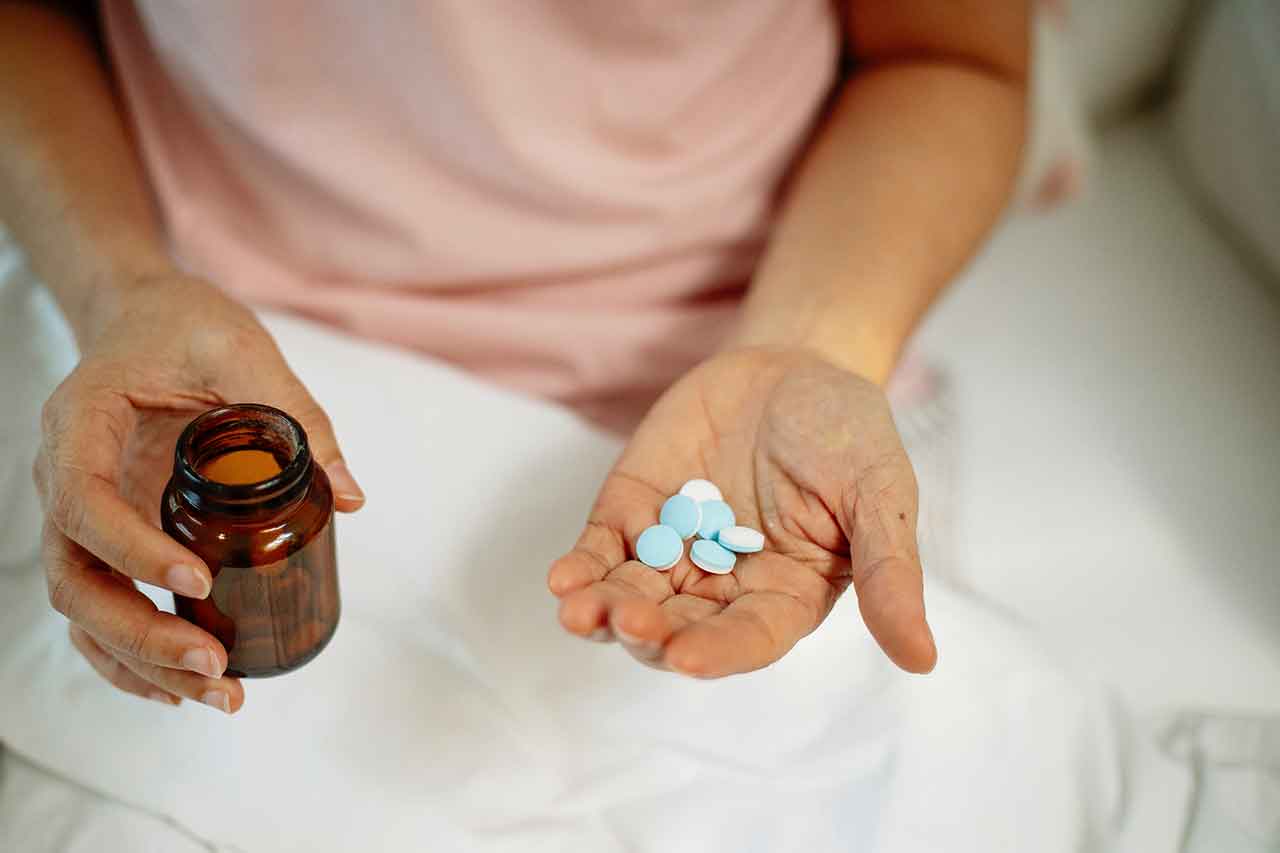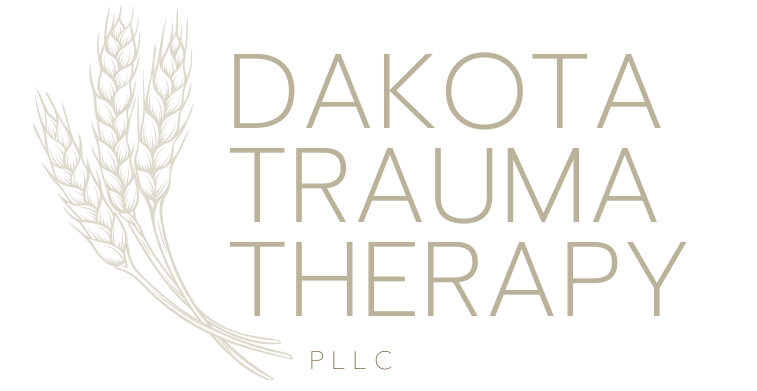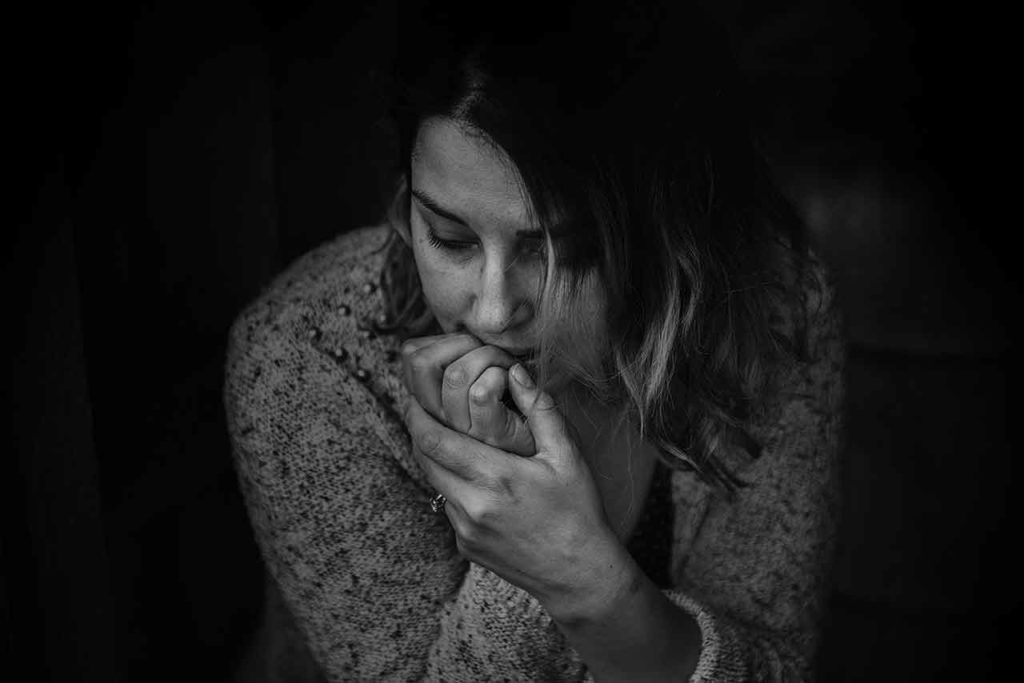Depression, along with worry and stress, is one of the psychological issues impacting an increasing number of individuals today. Depression affects about 5% of the population, which is a concerning statistic. (1)
Psychiatrists and researchers used to classify depression using two Latin terms: endogenous, which means “from inside,” and exogenous, which means “from without.” These labels were supposed to reflect whether a person’s depression stemmed from the inside, such as heredity, or from outside, such as a stressful or traumatic incident. (2)
The traditional thinking was that there needed to be differentiation and that each form of depression needed to be treated differently. However, research has failed to produce adequate data to support this notion over the past few decades.
When assisting people with major depression, healthcare and mental health professionals should bear in mind the concept of endogenous and exogenous factors.
It may be helpful for healthcare and mental health practitioners to remember the concept of endogenous and exogenous causes while assisting people with major depression. Let us go through the clinical manifestations of endogenous depression and how to treat and cope with it.
What is Endogenous Depression?
You must have the idea that depression comes in a variety of forms. Many individuals, however, are unfamiliar with the phrase “endogenous depression.”; this is since this phrase is infrequently used nowadays. Most individuals who used to be diagnosed with endogenous depression are now labeled with clinical depression, which is a more popular term. Endogenous depression is an illness that significantly influences the lives of individuals who suffer from it.
Some individuals are considered to be born with an inherent temperament that leaves them more susceptible to depression. Since it is hereditary or biological, this form of depression is referred to as endogenous depression. (3)
People with endogenous depression may have no clue why they have unexpectedly become down. Despite the fact that there may be no obvious causes for their depression, they are unable to overcome it.
As previously stated, “endogenous depression” is no longer commonly used. Rather, individuals are diagnosed with clinical depression, also referred to as major depressive disorder (MDD). (4)
What makes Major depressive disorder (MDD) distinctive?
MDD is a psychiatric disorder that manifests in depressive episodes. MDD is the most common cause of impairment in those aged 15 to 45.
Individuals with MDD may find it challenging to function regularly. They may shun particular hobbies or perhaps retreat totally from their daily routines. Their sleeping habits could be inconsistent, leading to low energy, appetite, and motivation.
Those who suffer from MDD often have low self-esteem. Suicidal thoughts are common among people in this state, and they believe that their lives are worthless. Relatives and friends may find the sharply negative outlook of their lives distressing to observe. (5)
The underlying causes of MDD and endogenous depression are still unknown. Many academics and mental health practitioners assume that depressive bouts are caused by a mix of biological and psychological factors. There is even evidence that abnormalities cause certain disorders in brain function. (7)
Do not give up hope if you think you could be suffering from endogenous depression. There are various treatment options and coping strategies available to assist you in overcoming the disorder, but first, let us learn more about endogenous depression, its causes, symptoms, and other pertinent facts.
Endogenous Depression vs. Exogenous Depression
In the past, Mental health experts distinguished clinical depression into two types, i.e., exogenous depression and endogenous depression. Researchers used to distinguish between endogenous and exogenous depression based on whether or not a stressful event occurred before the start of MDD.
Although they have certain commonalities, their causes are considerably dissimilar. Stress or a traumatic experience can create exogenous depression, but endogenous depression is more unexpected since it is driven from within.
According to several viewpoints, endogenous depression can be caused by various factors. Some researchers asserted that pre-existing psychological problems are the root of the problem. At the same time, some believe that environmental variables may also play a role in its development. Endogenous depression is still not completely understood. (8)
Endogenous depression can be difficult to grasp because the causes, let alone the complete range of symptoms, is uncertain. It is a type of depression that can strike without warning and has no obvious cause. Stressful or traumatic experiences can sometimes induce depressive episodes; however, this is not always the case with this form of depression.
Exogenous depression, on the other hand, is easier to comprehend for many individuals since it follows predictable patterns. Doctors can treat exogenous depression more effectively since it is easier to pinpoint the source of the condition.
Mental health specialists used to distinguish between these two types, but this is no longer applicable. Most mental health professionals typically make a generic MDD diagnosis based on particular symptoms.

What Triggers Endogenous depression?
Endogenous depression lacks an external trigger, yet there are some recognizable reasons. Patients suffering from endogenous depression typically assume that their symptoms occur for no apparent cause, particularly in the absence of a clear external source. It is instead thought that the cause is biochemical or genetic in origin. An individual with a family history of depression may be predisposed to depression. (9)
One of the most prevalent is simply negative personality qualities, such as poor self-esteem and a pessimistic outlook on life. These can make it more difficult to deal with everyday stressors, which can accumulate over time and contribute to depression.
Moreover, the origins of this sort of depression can be chemical changes in the brain that cause psychological issues without involving the surroundings. (10)
Endogenous depression occurs when endorphins responsible for pleasurable experiences are inhibited. In addition to it, serotonin neurotransmitters stop working in exogenous depression. (11)
Genetics and lifestyle choices can play a major role as causative agents for endogenous depression. Although further study is needed, research has revealed that major depressive disorder and other mental diseases frequently run in families, implying a hereditary link. (12)
Living in unhealthy, stressful, or hazardous surroundings can also contribute to depression, even if no one event precipitated it. Abuse is another common cause, whether or not you are the one who is mistreated. People who live in poverty are also more likely to suffer from high functioning depression.
Symptoms of Endogenous Depression
Depression exhibits itself in a variety of ways. What distinguishes endogenous depression is the symptoms appear without sensible reason to the individual. People suffering from endogenous depression encounter symptoms that appear unexpectedly and for no apparent reason. Symptoms might vary in nature, frequency, and intensity from person to person. Endogenous depression symptoms are comparable to those of MDD. (13)
The most obvious sign is the abrupt energy loss or enthusiasm in daily activities. When this happens, it is not unusual for people to seek medical help because they are worried or concerned that a more serious, physiological ailment is at the source of the issue.
Individuals with endogenous depression may have irregularities in the intensity of symptoms, which is frequently the cause of treatment delays. The symptoms may escalate to a severe bout of depression if they remain untreated.
A person may lose interest and no longer find satisfaction in the things that fascinated them before; this is known as anhedonia, and it is frequently accompanied by emotions of dread, remorse, hopelessness, or worthlessness. The individual may suffer exhaustion, a lack of vitality, and a desire to avoid doing activities they would ordinarily enjoy.
Endogenous depression can cause trouble focusing and mood swings that are unanticipated. They frequently distance themselves and don’t engage or spend a lot of time with family and friends. They may have sleep problems, either sleeping too much (hypersomnia) or sleeping too little (insomnia), and they may also have irregular eating habits, i.e., eating more or less than usual. Suicidal ideation or feelings are also prevalent in endogenous depression.
What is the Experience Like for Someone Suffering from Endogenous Depression?
People who suffer from this sort of depression feel terrible about themselves since they can not comprehend what is happening. For no apparent reason, individuals experience emotional emptiness, hopelessness, high functioning anxiety, and intense grief at various moments in their lives. Their despair makes it difficult for them to see clearly how to move out of their current situation.
Grief and a loss of hope form a vicious cycle that is difficult to break free from. People who suffer from endogenous depression must recognize that there are no causes and that it is something that they have had since birth. Social stigmas are also frequently associated with psychological problems.

How is Endogenous Depression Diagnosed?
To diagnose depression, medical and mental health practitioners employ a set of criteria. (14)
When a person is diagnosed with depression, numerous important factors are considered. It usually starts with inquiries about how you feel mentally and physically, live your everyday life, and whether anybody in your family has a mental illness.
You will also be questioned about your food and lifestyle and any medications or drugs you use. Most notably, your doctor will question you if you have ever had suicidal ideation or tried to commit suicide, which might be a sign of untreated depression.
When someone has experienced multiple depressive symptoms for at least two weeks, they are diagnosed with major depressive disorder.
Your healthcare professional will carefully analyze your responses after your conversation and evaluate them according to the diagnostic criteria for depression. They may seek the advice of another expert or specialist, or they may refer you to another practitioner for further examination. (15)
The previous edition of the handbook DSM distinguished between endogenous and exogenous types of depression, but the current version does not. If MDD symptoms appear for no obvious cause, mental health experts may diagnose endogenous depression.
The physicians responsible for your treatment will resume work on a treatment plan. Bear in mind that what works for someone else with depression may not work the same way for you, and you may need to try several treatments.
Treatment for Endogenous Depression
Endogenous depression may be treated just like any other kind of depression. A combination of medicine and therapy is sometimes employed to commence the treatment process.
Medications
According to 2012 research, the fundamental cause of endogenous depression may be discovered in several brain pathways, and endogenous depression eventually leads to a biochemical imbalance in the brain. (16) As a result, a therapy that rectifies an imbalance can be implemented.
Antidepressant medication is typically the first line of therapy for endogenous depression. Selective serotonin reuptake inhibitors (SSRIs) and selective serotonin and norepinephrine reuptake inhibitors (SNRIs) are the most common antidepressants used to treat individuals with MDD.
People with MDD may be prescribed SSRIs, a form of antidepressant medicine. Paxil, Prozac, Zoloft, Lexapro, Celexa, and other SSRIs are some of its examples. (17)
SNRIs are another type of antidepressant medicine that can be utilized, and they include Effexor, Cymbalta, and Pristiq, among others. (18)
Tricyclic antidepressants (TCAs) can also be prescribed to certain individuals, but they are not as widely used as they previously were. These drugs raise levels of particular brain chemicals, which leads to a reduction in depression symptoms. (19)
Many factors determine the types of drugs administered and whether they are effective or not. The effectiveness of drugs varies from person to person and is frequently dictated by the symptoms present and heredity. When using prescription medicine, you should always consult a psychiatrist or medical expert.
These medications manage co-occurring issues, including anxiety and mood fluctuations, which can aid with endogenous depression treatment. Medications will not always cure depression, but they can greatly improve mood and make things easier to handle.

Therapy
Medication is frequently used in combination with therapy. It is a crucial treatment option for individuals who want to figure out what is causing their depression and how to get away with it.
Talking about depression might help someone explore their emotions and develop new coping mechanisms. Patients can improve their perspectives on the world by speaking with a competent therapist. It can also aid in the development of a stronger self-awareness.
Cognitive-behavioral therapy (CBT) and interpersonal therapy (IPT) are the two most common psychotherapy. CBT can assist you in replacing unhealthy, negative ideas with healthier, more positive ones. You may alter how your brain responds to unpleasant events by consciously practicing positive thinking. (20) IPT can assist you in settling problematic connections that may be aggravating your condition. (21)
If symptoms do not improve with medication and psychotherapy, electroconvulsive therapy (ECT) could be used. ECT includes the placement of electrodes on the head that emit electrical pulses to the brain, causing a short seizure. It might aid in treating persons suffering from endogenous depression by altering chemical reactions in the brain. (22)
Other coping strategies
If you are not ready to seek professional treatment for your endogenous depression yet, try some coping skills for anxiety that can help you considerably.
Diet has a significant impact on how we feel and perform daily. To enhance your energy and preserve your gut health, eat healthily.
You can alleviate depressive symptoms by spending time with close friends and relatives. It is less probable that you will feel hopeless among them. Having surrounded by individuals who care about you might make you feel not separated from the rest of the world.
Furthermore, being engaged by a new pastime, such as watching movies about depression, may help you overcome your fears and nervous sensations by allowing you to feel not alone and connected to the characters.

How to Help Someone with Endogenous Depression?
The first measure is to refrain from passing judgment on them. According to experts, persons with endogenous depression who surround themselves with a supportive family and friends familiar with the complete guide to mental health first-aid recover faster than those in complete obscurity.
If you know someone struggling with this, you may assist them in regaining their motivation by listening to their feelings with kindness and without making judgments. Allow them to participate in what they used to like when they are ready, rather than forcing them to do so. It is critical to advise them to seek the assistance of an expert.
Endogenous depression necessitates the use of professional-directed treatment and medicines at all times. Assist the individual undergoing therapy and urge them to implement their therapist’s advice.
Conclusion
Endogenous depression is a type of major depressive disorder induced by the individual’s hereditary or biological causes rather than external stresses. Endogenous depression occurs without a clear stressful incident or other cause, and if left unaddressed, it can have a detrimental effect on one’s life.
It is treatable, and many can recover. Your doctor will choose the appropriate treatment strategy for you after the symptoms have been identified. Communicating with a medical expert and getting the help of family and friends will be critical in overcoming this type of depression.
Speaking with a therapist or counselor is essential to promote your well-being significantly. When you feel down and have gloomy thoughts, a counselor can offer support and recommendations. Talk to your doctor about your symptoms, family health history, and risk factors to identify the appropriate therapy.

